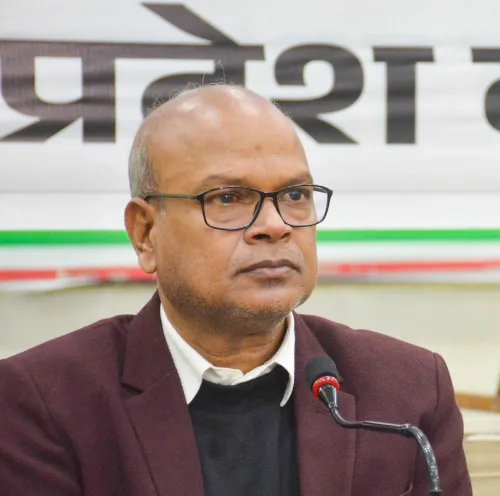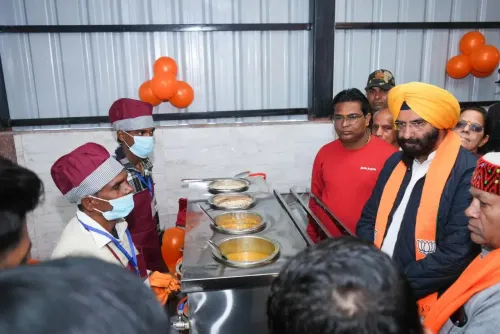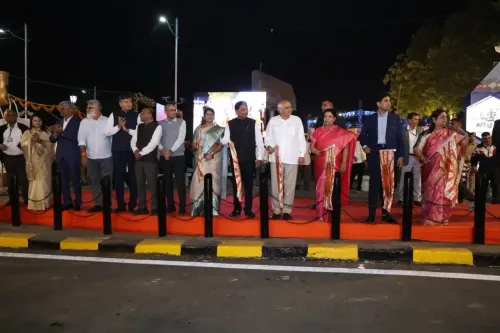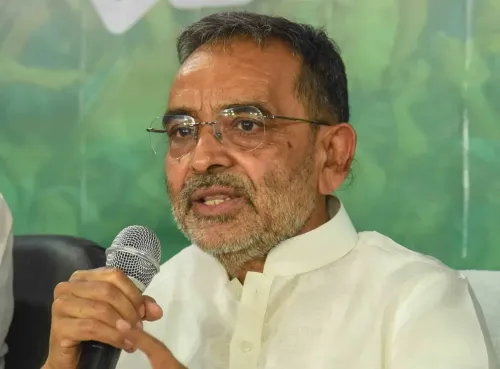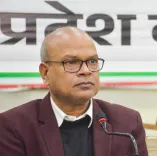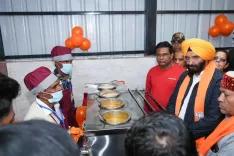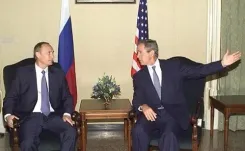How Can BJP Leaders Better Understand People's Issues?
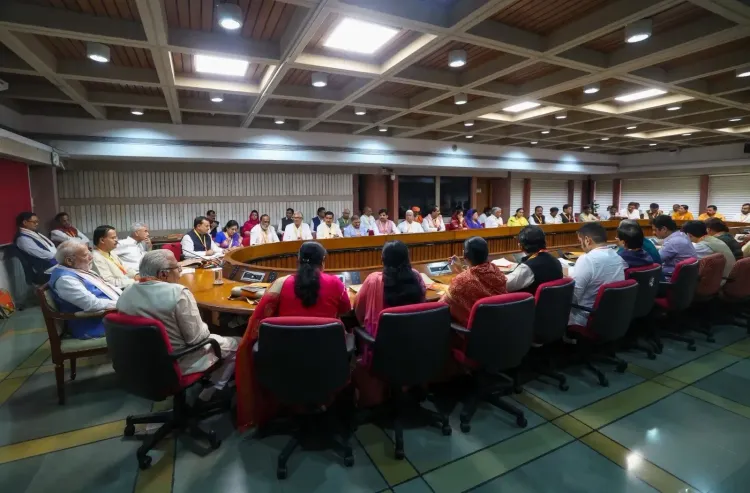
Synopsis
Key Takeaways
- Engagement is key: Monthly meetings can bridge the gap between leaders and constituents.
- Preparation for elections: Training and workshops are crucial for electoral success.
- Understanding issues: Direct communication reveals the real concerns of the public.
- Innovation in governance: Learning from global examples can inspire local initiatives.
- Importance of respect: Ministers should maintain professionalism with officials.
New Delhi, Sep 7 (NationPress) On Sunday, Prime Minister Narendra Modi participated in a two-day workshop for BJP MPs at the GMC Balayogi Auditorium located within the Parliament complex. He encouraged leaders to engage with the populace to grasp their concerns and issues.
Sources indicate that PM Modi urged leaders to conduct tiffin meetings with community members in each Assembly segment of their Parliamentary constituencies monthly to gain a thorough understanding of the issues faced by the public.
Additionally, he advised leaders to consult relevant ministers and officials before and after Parliamentary committee meetings to enhance their understanding of the topics discussed. He also emphasized the importance of ministers treating officials with respect.
While discussing the cleanliness initiative, he cited Singapore as an example and urged leaders to adopt innovative thinking.
This significant two-day workshop precedes the upcoming Vice-Presidential elections set for September 9.
Reports suggest that the workshop will feature a mock poll aimed at training MPs on the voting process.
The BJP-led NDA is ramping up its efforts for the Vice-Presidential election, ensuring thorough preparation, and the workshop is expected to include a presentation that will inform both Lok Sabha and Rajya Sabha MPs about the electoral process.
This election is anticipated to be a contest between Southern candidates, with NDA’s nominee C.P. Radhakrishnan from Tamil Nadu, who has a longstanding association with the RSS, and opposition candidate B. Sudarshan Reddy from Telangana, a former Supreme Court judge. The Vice President is elected by an electoral college comprising members from both the Lok Sabha and Rajya Sabha.
The 2025 electoral college consists of 788 members, including 233 elected (currently, five seats are vacant in the upper house) and 12 nominated members of the Rajya Sabha, alongside 543 elected members of the Lok Sabha (with one seat vacant in the lower house). Presently, there are 782 members in the electoral college due to empty seats.
The election will be conducted through a secret ballot utilizing a system of proportional representation with a single transferable vote.
B. Sudershan Reddy was announced as the united opposition candidate for the Vice-Presidential election on August 19, an event described by Congress President Mallikarjun Kharge as an 'ideological battle.'
The need for this election arose due to the mid-term resignation of Jagdeep Dhankhar, who vacated the position citing medical reasons.
In addition to his role, the Vice President serves as the ex officio Chairman of the Rajya Sabha, highlighting the political importance of the position.


